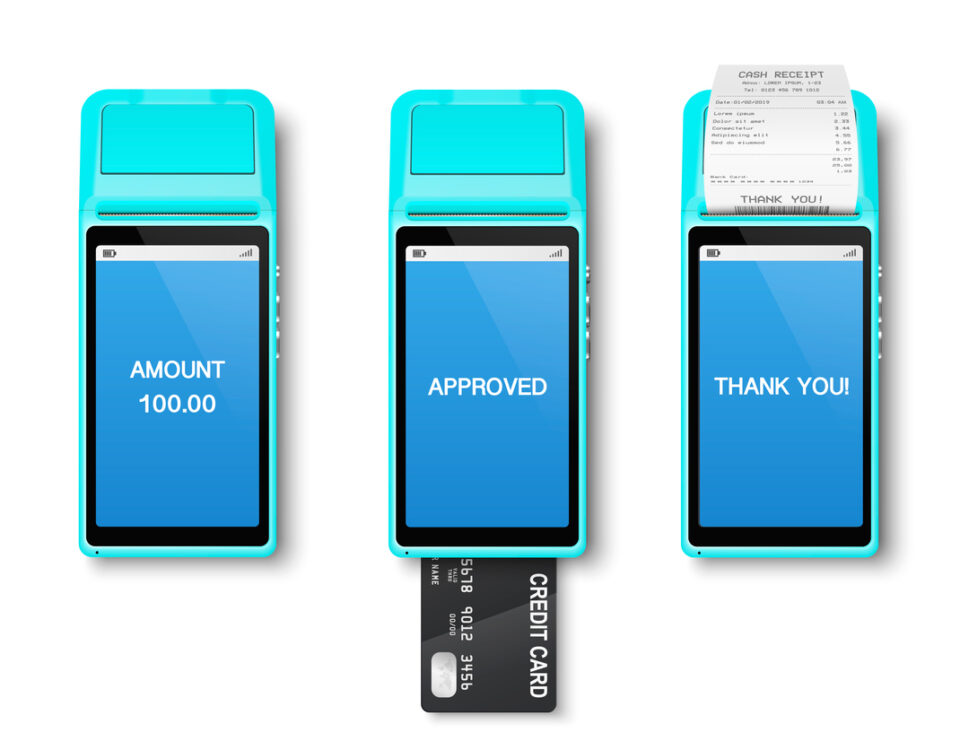 In today’s digital age, accepting electronic payments has become a fundamental requirement for businesses of all sizes. Whether you operate a brick-and-mortar store or an online shop, having a reliable and efficient merchant processing system is essential. Merchant processing, also known as payment processing, refers to the infrastructure and services that enable businesses to accept and process electronic payments from customers. In this comprehensive guide, we will delve into the world of merchant processing, exploring its key components, benefits, and how businesses can leverage this technology to streamline their payment solutions.
In today’s digital age, accepting electronic payments has become a fundamental requirement for businesses of all sizes. Whether you operate a brick-and-mortar store or an online shop, having a reliable and efficient merchant processing system is essential. Merchant processing, also known as payment processing, refers to the infrastructure and services that enable businesses to accept and process electronic payments from customers. In this comprehensive guide, we will delve into the world of merchant processing, exploring its key components, benefits, and how businesses can leverage this technology to streamline their payment solutions.
At its core, merchant processing involves the secure transmission of payment information between the customer, the business, and the payment processor. This process typically involves a series of steps: the customer initiates a payment using a credit or debit card, the payment information is securely transmitted to the merchant’s point-of-sale (POS) system or online payment gateway, and the transaction is then sent to the payment processor for authorization and settlement.
One of the primary benefits of implementing a merchant processing system is the ability to accept a wide range of payment methods. In addition to traditional credit and debit cards, modern merchant processing solutions support emerging payment methods, such as mobile wallets (e.g., Apple Pay and Google Pay), contactless payments, and even cryptocurrency transactions. By offering a variety of payment options, businesses can cater to the preferences of their customers, ultimately enhancing the overall customer experience and potentially increasing sales.
Furthermore, merchant processing offers businesses the advantage of faster and more secure transactions. Traditional payment methods, such as cash or checks, can be time-consuming and prone to errors. With electronic payments, transactions can be processed in seconds, allowing for quicker checkouts and improved customer satisfaction. Additionally, merchant processing systems employ robust encryption and security measures to protect sensitive payment data, reducing the risk of fraud and ensuring the safety of both the business and its customers.
To implement a merchant processing system, businesses typically partner with a payment processor or a merchant services provider. These entities facilitate the processing of payments and offer additional services, such as fraud prevention, chargeback management, and reporting analytics. When selecting a payment processor, businesses should consider factors such as pricing structure, transaction fees, customer support, and the availability of integrations with existing business systems.
One notable payment processor in the merchant processing industry is Stripe. Known for its developer-friendly infrastructure, Stripe offers a suite of tools and APIs that enable businesses to seamlessly integrate payment processing into their websites or mobile applications. With features like easy setup, customizable checkout experiences, and robust security measures, Stripe has become a popular choice for businesses of all sizes.
Another well-known payment processor is Square. Square provides a range of merchant services, including payment processing, hardware (such as card readers and POS systems), and additional features like inventory management and customer relationship management. Square’s user-friendly interface and comprehensive suite of services make it an attractive option, particularly for small businesses and entrepreneurs.
In addition to payment processors, businesses can also explore merchant processing solutions offered by traditional financial institutions, such as banks and credit card companies. These entities often provide merchant accounts, which allow businesses to accept credit and debit card payments directly. While these solutions may have higher setup costs and longer approval processes compared to third-party payment processors, they can offer more personalized support and may be a preferred choice for larger businesses or those with complex payment needs.
When implementing a merchant processing system, businesses should also consider the importance of data analytics and reporting. Many payment processors provide detailed reports and insights into transaction data, allowing businesses to gain valuable information about their customers’ purchasing behavior, popular products or services, and overall sales performance. By leveraging these analytics, businesses can make informed decisions to optimize their operations, identify growth opportunities, and enhance their marketing strategies.
It is important to note that merchant processing is subject to compliance with various regulations and industry standards, such as the Payment Card Industry Data Security Standard (PCI DSS). Compliance with these standards helps ensure the secure handling of payment data and protects businesses from potential liabilities. It is crucial for businesses to stay up to date with the latest compliance requirements and work with payment processors or merchant services providers that prioritize security and compliance.
In conclusion, merchant processing plays a vital role in modern business operations, enabling businesses to accept and process electronic payments efficiently and securely. With its ability to support various payment methods, streamline transactions, and provide valuable insights, a well-implemented merchant processing system can significantly enhance the overall payment experience for both businesses and customers. By choosing the right payment processor, businesses can unlock the full potential of merchant processing, optimize their operations, and stay ahead in today’s rapidly evolving digital marketplace.


